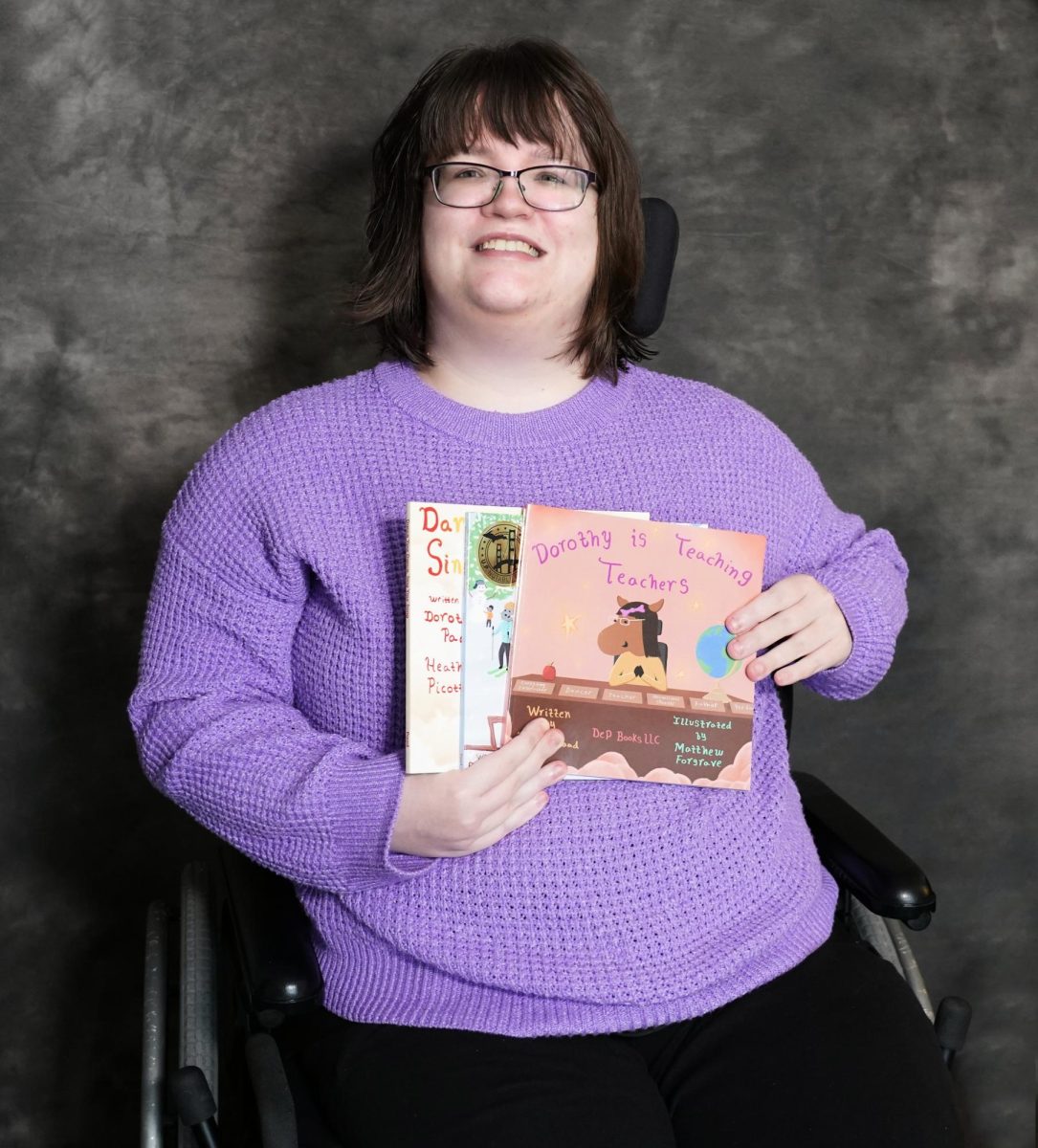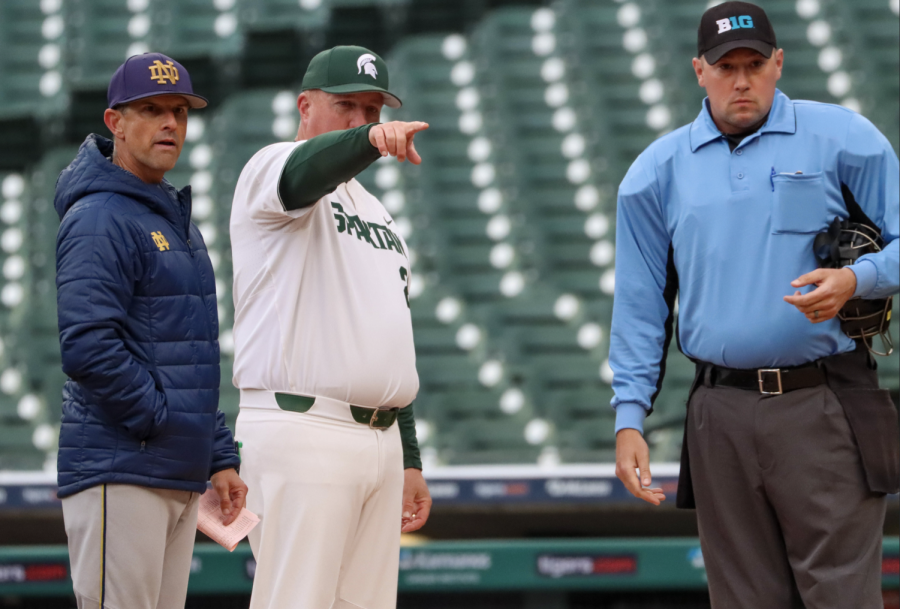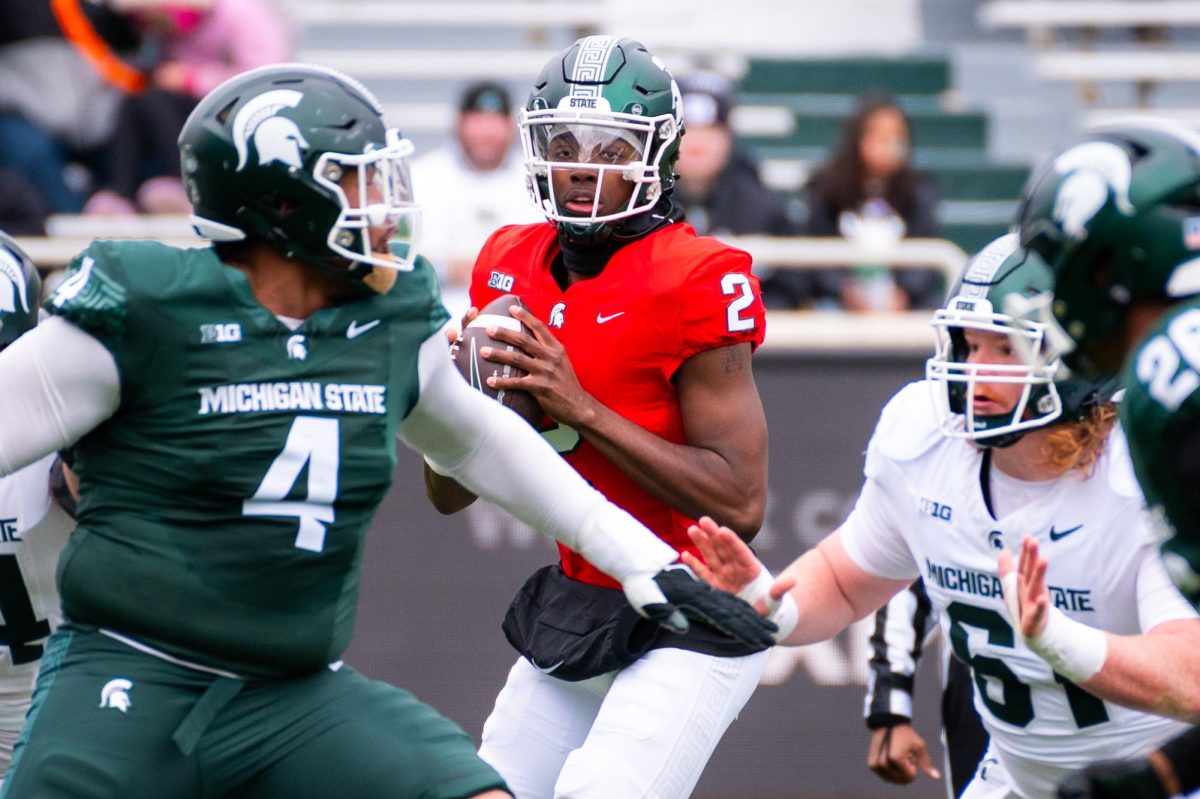The State – 04/26/22
April 25, 2022
African American, African studies degree now offer through College of Arts & Letters
A degree in African American and African Studies, or AAAS, is now open to students at Michigan State University. It is the first undergraduate major of its kind offered by the university.
Chair and professor of AAAS Ruth Nicole Brown said there has not yet been a full admissions cycle with the new degree in place, and students in the incoming fall cohort will be the first to have the opportunity to pick AAAS as their major.
Students can choose from one of three degree concentrations: Communities in Action, Creative Expression, Culture and Performance and Black Institutions, Sustainability and Statecraft.
Brown said Communities in Action is really important because students who are interested in and attracted to AAAS, see themselves as capable of making a difference in their communities.
Brown said she and the rest of the degree program are excited about the Creative Expression, Culture and Performance concentration.
“This concentration is really important because I think that, while students are often trained to think critically in arts and humanities, social science in any sort of field, there sometimes can be a less of an emphasis on the creative act,” Brown said.’
“Creative Expression, Culture and performance is critically important and central to our pedagogical vision because it teaches students and gives them opportunities to create the world that they want.”
Brown said the AAAS degree at MSU is significant because all liberal arts, humanities education must attend to the contributions of Black people and Black communities in the US across the globe.
For Muslim students at MSU, celebrating Ramadan can be very difficult
With less than one week of Ramadan left, Muslim students are still having trouble participating in the holiest month of the year. Ramadan started on April 1 and will end May 1, since Ramadan falls on the ninth month of the lunar year.
This is Lyman Briggs freshman Safa Karaein’s first year on Michigan State University’s campus and she said it does not feel like Ramadan is being as appreciated and recognized the way other religious holidays like Christmas and Thanksgiving are on campus.
Ramadan is believed to be the month the Qur’an (Koran), or the Islamic holy book, was first revealed. The Qur’an states the importance of fasting during Ramadan, and Karaein said fasting on campus is a struggle that the Michigan State University administration could better understand.
After breaking her fast around 8:15 p.m. every day, Karaein said that Muslims on campus only get about 40 minutes for iftar, or dinner, before cafeterias close at 9 p.m.
During this time, Ramadan partakers can also pick up prepackaged breakfast options at a dining hall in their neighborhood for suhoor, or the meal before dawn. Muslim Students Association executive board member and biosystems engineering sophomore Neta Vitija said she also hopes that there can be more reflection rooms around campus since she has had good experiences with them.
“The special thing about our prayer is that there is a lot of movements and bending over involved so it looks weird to do it in public, so that’s why we would like to have those reflection rooms,” Vitija said. “Campus is just so big. It can be a hassle to go to class in one building and then go to pray in another.”
Provost recommends new college of education dean
Jerlando F. L. Jackson was recommended to become the new dean of education by Provost Teresa K. Woodruff, effective July 1, according to an MSU press release sent April 21. Additionally, Jackson will hold the MSU Foundation Professor of Education title.
The recommendation is subject to approval by the MSU Board of Trustees at a later date.
Jackson is currently the Rupple-Bascom professor of education and Vilas Distinguished professor of higher education at the University of Wisconsin-Madison.
Jackson has spent more than two decades at UW-Madison where he also chairs the Department of Educational Leadership and Policy Analysis and is founder, director and chief research scientist of Wisconsin’s Equity and Inclusion Laboratory.
Jackson has research experience in advancements in hiring practices, career mobility, workforce diversity and workplace discrimination. He is credited with coining the term organizational disparities, and has evolved his focus on the subject.
In the press release, Jackson said he views leading the College of Education at MSU as a wonderful opportunity to confront and meet inclusivity challenges in education, in a creative and innovative environment that has a shared commitment.
Based on original reporting by Maddy Warren and Myesha Johnson. Script by Shakyra Mabone.


































